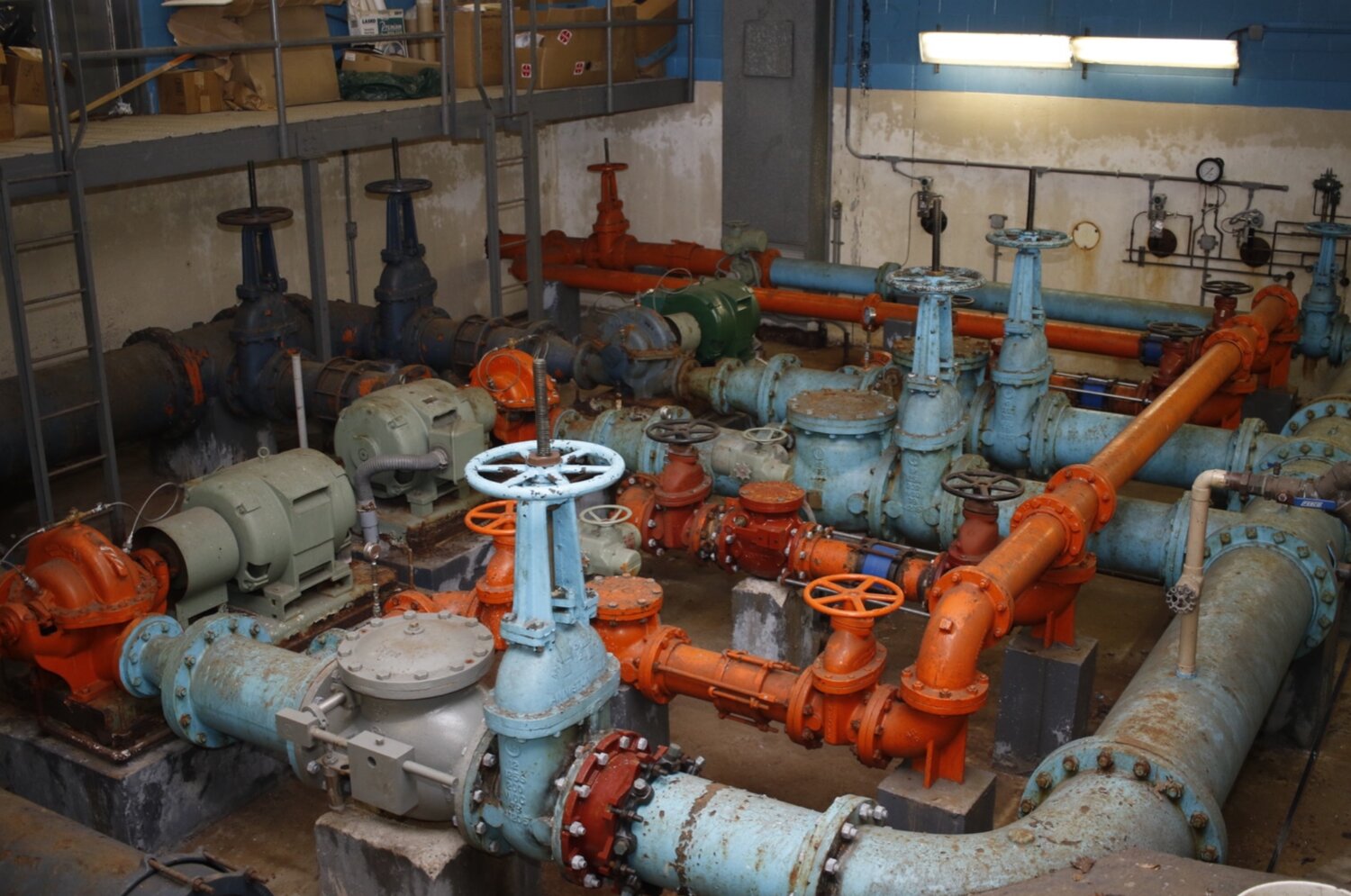City confronts a water shortage
As summer temperatures soar, Glen Cove faces the dual challenge of maintaining lush green lawns and managing its water supply. The city recently lifted strict water restrictions put in place to combat a severe shortage, which interrupted the familiar sound of sprinklers and altered residents’ daily routines.
On June 18, the city issued a water restriction alert, which prohibited outdoor watering from 9 a.m. to 4 p.m. On July 7, residents were prohibited from watering lawns, washing cars and any other non-essential use of water use due to the extreme heat and critically low water levels. Those restrictions were lifted on July 12.
“It’s very nice to have beautiful roses, but it’s very important to have water in your homes,” Mayor Pamela Panzenbeck said. “This is the time of year when it’s hot. People are barbecuing, they’re outside. God forbid you have a house fire — you always need to have enough water for that.”
The city continues to enforce a water conservation ordinance requiring residents to follow a watering schedule. Outdoor water use, including the use of sprinklers and car washing, is permitted on odd- and even-numbered days, for odd- and even-numbered houses and buildings, from 5 to 9 a.m. and 4 p.m. to midnight. Houses and buildings without numbers use even-numbered days. No watering is permitted on the 31st of any month, and all sprinkler systems must have rain sensors.
Michael Colangelo, the city’s water service foreman, said that many properties run sprinkler systems between 2 and 8 a.m. By midnight the city’s water system recharges, but by 5 a.m. it is reduced to 40 percent capacity. During the cooler seasons the city uses 1.8 million gallons of water per day, but in the summer that jumps to 7.5 million to 8 million gallons a day.
As the city grapples with the challenge of conserving water, it is planning major infrastructure projects aimed at securing a stable and sustainable water supply for future summers.
At a pre-council meeting on Tuesday, Denise O’Connor, the city’s water account supervisor, presented a comprehensive five-year capital plan for water infrastructure improvements. They include the rehabilitation of the Seaman Road and Nancy Court wells, installation of generators at Kelly Street and preliminary work for new wells at Coles and Connolly elementary schools, and the construction of a permanent air stripper to remove pollutants at the Duck Pond well. The plan also includes a rehabilitation of the McLoughlin tank, a new tank at Leech Circle, electrical upgrades at Kelly Street, and the Nancy Court project, to reduce the concentration of PFAS, or so-called “forever chemicals,” in the water supply. The projected cost of all of the improvements is just under $52 million.
To help partially fund the projects, the city is discussing implementing an annual infrastructure improvement fee. The suggested amount for residences is $5, which would generate $450,000 per year. Commercial properties would be charged $100, which would generate $26,000 per year.
“The charge is going to pay for all the buildings that need to be done to maintain the adequacy and the safety of the water supply,” O’Connor said. “That’s really what it’s for — we’re not looking to make anything prettier. It’s just to maintain what we have so that there’s enough water, and that it’s at the quality that we have come to expect it to be.”
Colangelo also advised residents to use spouts on hoses to control water flow, and added that homes and businesses should make sure they have no leaks in their toilets. And he emphasized the importance of adhering to the water-use restrictions.






